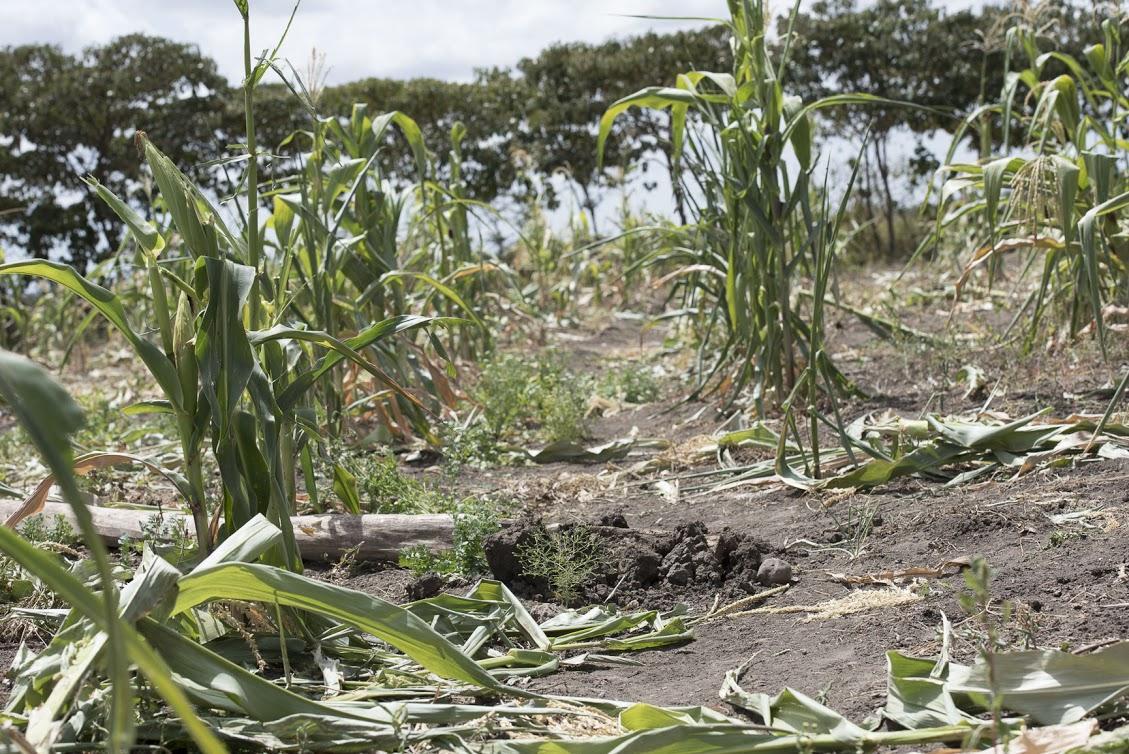Uganda intensifies programmes to fence national parks
Human-wildlife conflict might be no more with new fence at Queen Elizabeth National Park

Your support helps us to tell the story
From reproductive rights to climate change to Big Tech, The Independent is on the ground when the story is developing. Whether it's investigating the financials of Elon Musk's pro-Trump PAC or producing our latest documentary, 'The A Word', which shines a light on the American women fighting for reproductive rights, we know how important it is to parse out the facts from the messaging.
At such a critical moment in US history, we need reporters on the ground. Your donation allows us to keep sending journalists to speak to both sides of the story.
The Independent is trusted by Americans across the entire political spectrum. And unlike many other quality news outlets, we choose not to lock Americans out of our reporting and analysis with paywalls. We believe quality journalism should be available to everyone, paid for by those who can afford it.
Your support makes all the difference.By Ronny Job Okot for NBS TV in Uganda
Two people lost their lives to human-wildlife conflict in February in villages neighbouring Uganda’s Queen Elizabeth National Park.
A new electrified fence designed to keep elephants and farmers safe from one another was recently installed.
Ronny Job Okot saw its final stages being built, and spoke to villagers about what it would mean to them to see and end to human-elephant conflict. Watch his report here.

This article is reproduced here as part of the Giants Club African Conservation Journalism Fellowships, a programme of the charity Space for Giants and supported by the owner of ESI Media, which includes independent.co.uk. It aims to expand the reach of conservation and environmental journalism in Africa, and bring more African voices into the international conservation debate.
Join our commenting forum
Join thought-provoking conversations, follow other Independent readers and see their replies
Comments